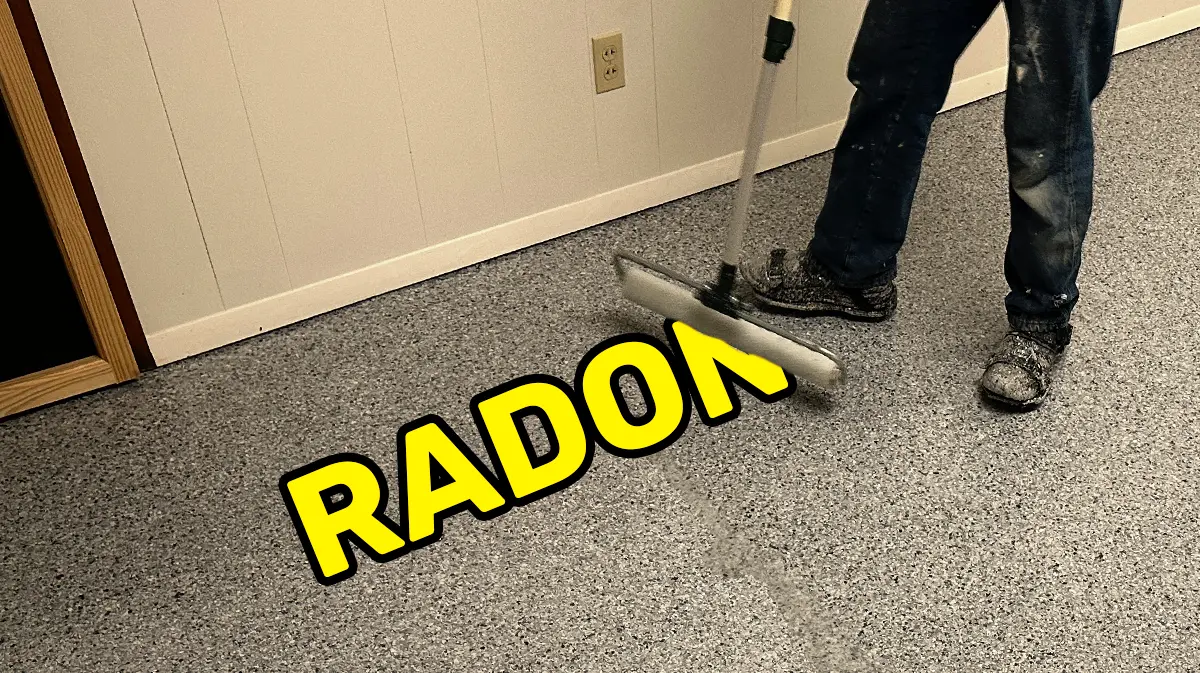In Grand Junction and the surrounding areas, radon exposure is a serious concern. As one of the leading causes of lung cancer in the United States (as per the CDC), radon is an invisible, odorless gas that can seep into your home through cracks in the foundation or walls. Given the geology of Colorado, radon risk is especially prevalent, making it essential for homeowners to be vigilant about testing and mitigation.
Radon Risk: Why Radon is Dangerous
Radon forms naturally from the decay of uranium in the soil. When this gas accumulates indoors, particularly in lower levels of a home such as basements or ground floors, it can reach hazardous levels. Long-term exposure to radon increases the risk of lung cancer, making it crucial to address this issue proactively.
Steps to Protect Your Home from Radon
- Testing: The first step in radon mitigation is testing. Simple and inexpensive radon test kits are available at hardware stores, allowing you to measure the radon levels in your home.
- Mitigation Systems: If radon is detected, a professional radon mitigation system can be installed. These systems typically involve venting the radon from beneath your home and safely dispersing it outside, preventing it from entering your living spaces.
- Sealing with Epoxy Coatings: Sealing your concrete floors with an epoxy coating can further reduce radon infiltration. These coatings create a durable barrier that helps keep radon out, while also providing a polished, easy-to-maintain surface.
Dealing with Musty Basements and Moisture Issues
In addition to radon, homeowners in Grand Junction often face the challenge of moisture in basements and other lower-level spaces. The semi-arid climate of Colorado doesn’t always prevent moisture issues, particularly in homes with older or porous concrete foundations. Over time, moisture can seep through the concrete, leading to musty odors, mold growth, and even structural damage.
How Moisture Affects Your Home
When moisture penetrates your basement or other concrete floors, it can cause a range of problems:
- Efflorescence: This is the white, powdery substance that often appears on concrete surfaces. It’s caused by water moving through the concrete, carrying salts to the surface.
- Mold Growth: Persistent moisture provides the ideal conditions for mold to thrive, which can lead to health issues and damage to your home.
- Structural Damage: Over time, excessive moisture can weaken the concrete, leading to cracks and even structural failure.
Moisture Mitigation Strategies
- Professional Sealing: Applying a high-quality epoxy or polyaspartic coating can seal your floors, preventing moisture from penetrating the concrete. These coatings are designed to create a watertight barrier that not only protects your floors but also enhances their appearance.
- Ventilation: Improving the ventilation in your basement or other enclosed spaces can help reduce humidity levels and prevent moisture buildup.
- Sump Pumps and Drains: In areas prone to flooding or heavy moisture, installing a sump pump or additional drainage systems can be crucial in keeping your basement dry.
The Connection Between Radon, Moisture, and Indoor Air Quality
Poor indoor air quality (IAQ) is often linked to both radon and moisture issues. In Grand Junction, where radon levels can be high and moisture is a constant threat, maintaining good IAQ is essential. Radon gas and mold from moisture can both contribute to Sick Building Syndrome (SBS), a condition where the building’s occupants experience acute health effects related to the building itself.
Sick Building Syndrome: What You Need to Know
SBS symptoms can include headaches, dizziness, respiratory issues, and more. These symptoms are often linked to poor ventilation, mold, and radon exposure. By addressing both radon and moisture issues in your home, you can significantly improve the air quality and create a healthier living environment.
Protect Your Home
For homeowners in Grand Junction and the surrounding areas, addressing radon and moisture issues is a matter of health and safety. By investing in professional radon mitigation systems and high-quality epoxy floor coatings, you can protect your home and your family from these invisible threats. Don’t wait until problems arise; take proactive steps today to ensure your home remains a safe haven.


